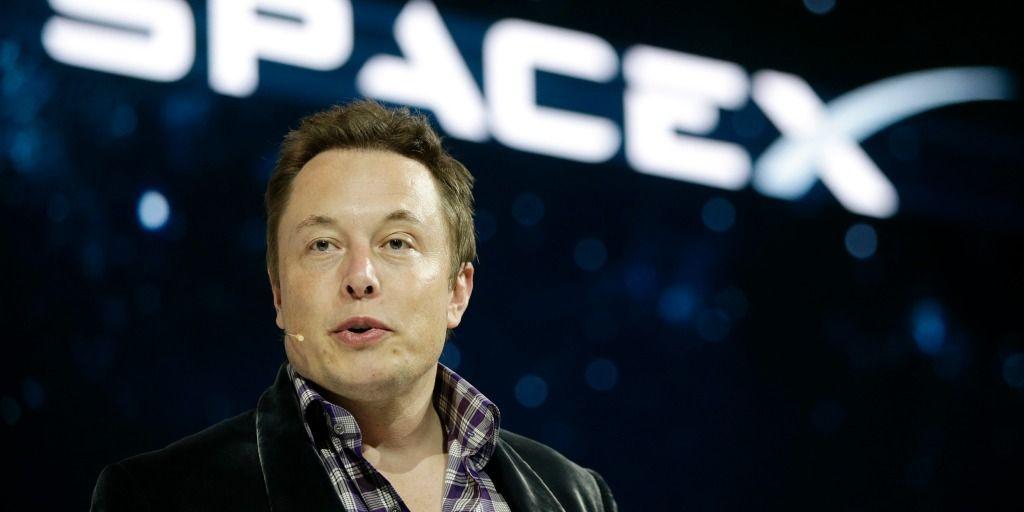Amazon Intensifies Fight Against Counterfeits with AI and Law Enforcement Collaboration
2 Sources
2 Sources
[1]
Amazon ramps up its fight against fakes with help from AI and law enforcement
Amazon says it seized more than 15 million counterfeit products in 2024 -- more than double the prior year -- as part of a growing effort to intercept fake goods before they reach customers. The company says it's expanding its use of AI behind the scenes, while also working with law enforcement to go after key sites around the world where counterfeits are fabricated and distributed. "We're seizing more products before they reach our store due to our efforts to stop counterfeit products at the source," said Kebharu Smith, director of Amazon's Counterfeit Crimes Unit, a former federal and state prosecutor who joined the tech giant in 2020 to help fight fraudulent goods. For example, Amazon says it worked with Chinese law enforcement on cases that led to more than 60 raids in 2024. More than 100 suspected counterfeiters were detained, and several were convicted. Those are some of the details from Amazon's new Brand Protection Report, released Tuesday night. It's the latest effort by the company to address longstanding criticism that it hasn't done enough to keep counterfeit goods from being sold on Amazon.com. Among other things, Amazon says it's using AI to fight fakes in a variety of ways: Amazon has faced years of scrutiny from brands, regulators, and consumer advocates over its approach to counterfeit products. Amazon spends more than $1 billion annually to fight counterfeits, and points to signs of progress on a variety of fronts. "Counterfeiting is one of the oldest crimes on the books, and it's a huge problem across the entire retail industry," Smith said. He said Amazon is "doing what we can to make sure we're protecting these brands, policing our store, going after these bad actors aggressively, and educating and protecting our customers."
[2]
Amazon Seized More Than 15 Million Counterfeit Products in 2024 | PYMNTS.com
Amazon continued its fight against counterfeit goods in 2024 by using artificial intelligence (AI) tools, seeing that counterfeiters are held liable and increasing brands' use of its brand protection features. The company's AI tools that proactively block infringements stopped more than 99% of suspected infringements before a brand had to find and report them, Amazon told PYMNTS in an email sharing highlights from its fifth Brand Protection Report. These tools have also enabled the company to reduce by 35% the number of valid notices of infringement submitted by brands, compared to 2020, even as the number of products available in its store has continued to grow. To hold counterfeiters accountable, Amazon has worked with brands and law enforcement on civil litigation and criminal referrals to law enforcement organizations, according to the email. Since the launch of its Counterfeit Crimes Unit in 2020, Amazon has taken those actions against more than 24,000 bad actors. In 2024, Amazon also identified, seized and disposed of more than 15 million counterfeit products. The company has also seen increased use of its brand protection features, per the email. These includes its anti-counterfeiting tool called Project Zero, which has been used by 35,000 brands since its launch in 2019, and its Transparency program, which has enrolled more than 88,000 brands and verified as genuine more than 2.5 billion product units. "Additionally, throughout 2024 Amazon helped brands and sellers protect their products globally with new AI-powered tools and a wide expansion of our brand protection programs to make it more difficult for bad actors to evade our detection systems, enabling us to scan our store with more nuance and understanding of context rather than just literal matches," Amazon said in the email. Amazon is not the only eCommerce marketplace cracking down on counterfeit products, PYMNTS reported in March 2024. A Michigan State University study released in 2023 found that nearly 7 in 10 consumers had unknowingly bought counterfeit items via eCommerce channels at least once in the previous year. When Amazon launched its Counterfeit Crimes Unit in 2020, the company said it brought together former federal prosecutors, experienced investigators and data analysts in hopes of ensuring no counterfeit item makes it onto the eCommerce site in the first place. The company introduced Project Zero in 2019 to detect counterfeit products by deploying advanced technology, machine learning and the knowledge brands have of their own intellectual property. The civil litigation Amazon pursued in 2024 included a lawsuit against companies and individuals the company alleged obtained invalid trademarks or filed fake complaints to have Amazon remove their competitors from its store.
Share
Share
Copy Link
Amazon's 2024 Brand Protection Report reveals a significant increase in counterfeit product seizures and highlights the company's use of AI and partnerships with law enforcement to combat fake goods.

Amazon's Counterfeit Crackdown Intensifies
In a significant escalation of its fight against counterfeit products, Amazon reported seizing over 15 million fake items in 2024, more than doubling the previous year's figures. This surge in seizures is part of Amazon's expanding efforts to intercept counterfeit goods before they reach customers, as detailed in the company's fifth Brand Protection Report
1
.AI-Powered Detection and Prevention
At the heart of Amazon's anti-counterfeiting strategy is the increased use of artificial intelligence. The company's AI tools have demonstrated remarkable efficiency, proactively blocking more than 99% of suspected infringements before brands needed to report them
2
. This AI-driven approach has led to a 35% reduction in valid notices of infringement submitted by brands since 2020, despite the continuous growth of products available in Amazon's store.Collaboration with Law Enforcement
Amazon has intensified its cooperation with law enforcement agencies worldwide to combat counterfeiting at its source. In 2024, the company worked closely with Chinese authorities, resulting in over 60 raids and the detention of more than 100 suspected counterfeiters. Several of these cases led to convictions, marking a significant step in the global fight against fake goods
1
.Brand Protection Programs
The company has seen increased adoption of its brand protection features. Project Zero, an anti-counterfeiting tool launched in 2019, has been utilized by 35,000 brands. Additionally, the Transparency program has enrolled more than 88,000 brands and verified over 2.5 billion product units as genuine
2
.Legal Action Against Counterfeiters
Since the establishment of its Counterfeit Crimes Unit in 2020, Amazon has taken legal action against more than 24,000 bad actors. The unit, comprising former federal prosecutors, experienced investigators, and data analysts, aims to prevent counterfeit items from ever reaching the Amazon marketplace
2
.Related Stories
Industry-Wide Challenge
The fight against counterfeits is not unique to Amazon. A Michigan State University study from 2023 revealed that nearly 7 in 10 consumers had unknowingly purchased counterfeit items through various eCommerce channels in the previous year
2
. This underscores the widespread nature of the problem across the retail industry.Investment and Commitment
Amazon's commitment to combating counterfeits is substantial, with the company spending over $1 billion annually on these efforts. Kebharu Smith, director of Amazon's Counterfeit Crimes Unit, emphasized the company's dedication to protecting brands, policing their store, and aggressively pursuing bad actors
1
.As counterfeiting continues to evolve, Amazon's multi-faceted approach combining AI, law enforcement collaboration, and brand protection programs represents a significant step in the ongoing battle against fake goods in the e-commerce space.
References
Summarized by
Navi
Related Stories
Recent Highlights
1
French Police Raid X Office as Grok Investigation Expands to Include Holocaust Denial Claims
Policy and Regulation

2
OpenAI launches Codex MacOS app with GPT-5.3 model to challenge Claude Code dominance
Technology

3
Anthropic releases Claude Opus 4.6 as AI model advances rattle software stocks and cybersecurity
Technology








